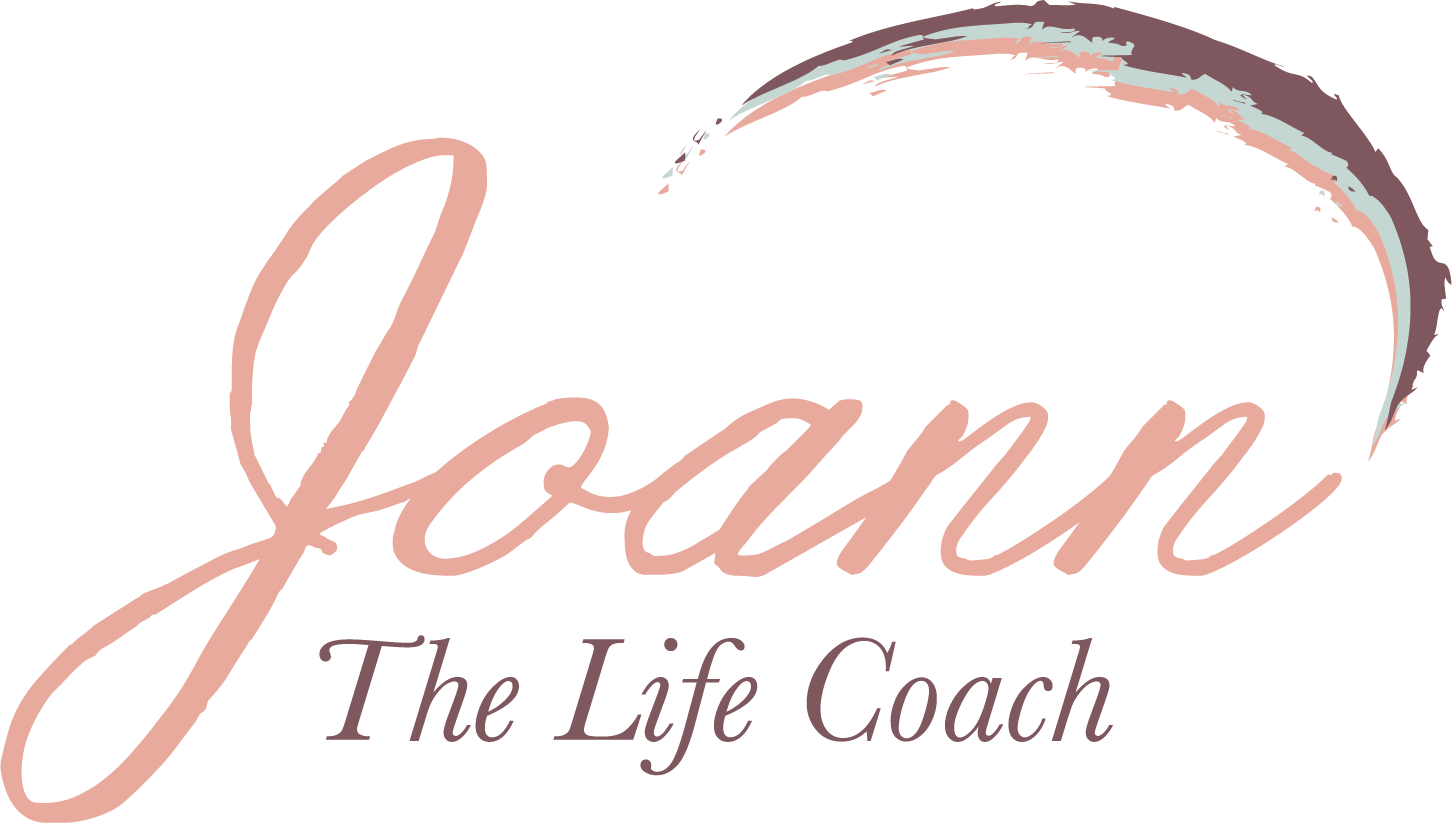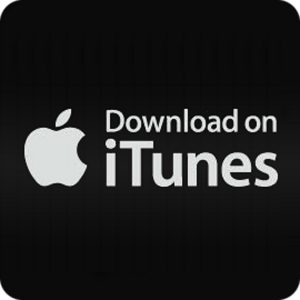Chasing the Dragon is a reference to what heroin addicts go through. The first time they use heroin, the high is utter euphoria – unlike anything ever experienced before. The second time they use it, not so much. Then the entire time the addict keeps on using more and more, in the ultimate quest to find that initial euphoria again.
When we eat and it is not to fuel our bodies because we are hungry, we chase the dragon. Food hits the same pleasure center in the brain that heroin does. Dopamine (a feel-good chemical in the brain) rises in the cerebral cortex just like it does when using heroin. That first bite of joy food is oh, so good. Then we are off to the races – trying to recapture the euphoria of the first bite. But it is not going to happen. Each successive bite is less so. I think a lot of my own overeating has been just chasing the dragon – is it an addiction to hitting that pleasure center in my brain? There are many things that hit that pleasure center and we do not become addicted to them.
There are other things that can give you a bump of dopamine in the pleasure center of your brain. Love does! Go love on something. Meeting a goal actually gives a rush of dopamine. So set lots and lots of SMALL, achievable goals throughout your day. Each time you nail one, there is a bit of dopamine hitting the pleasure center and the motivation center in your brain. This is going to drive you to wanting to hit that next goal and keep reinforcing your own motivation. Exercise boosts dopamine as does medication. All excellent options. Lastly is taking a supplement of curcumin. There are medical studies showing it modulates those feel-good brain chemicals[1] [2]. So pick one or two and start creating your new reward system!
As always – I love hearing from readers! So scroll down to the comments box, let me know your experiences, opinions, or just say hi!
[1] Kulkami S, Dhir A, Akula KK. Potentials of curcumin as an antidepressant. Scientific World Journal. 2009;9:1233–41
[2] Kulkarni SK, Bhutani MK, Bishnoi M. Antidepressant activity of curcumin: Involvement of serotonin and dopamine system. Psychopharmacology (Berl) 2008;201:435–42


